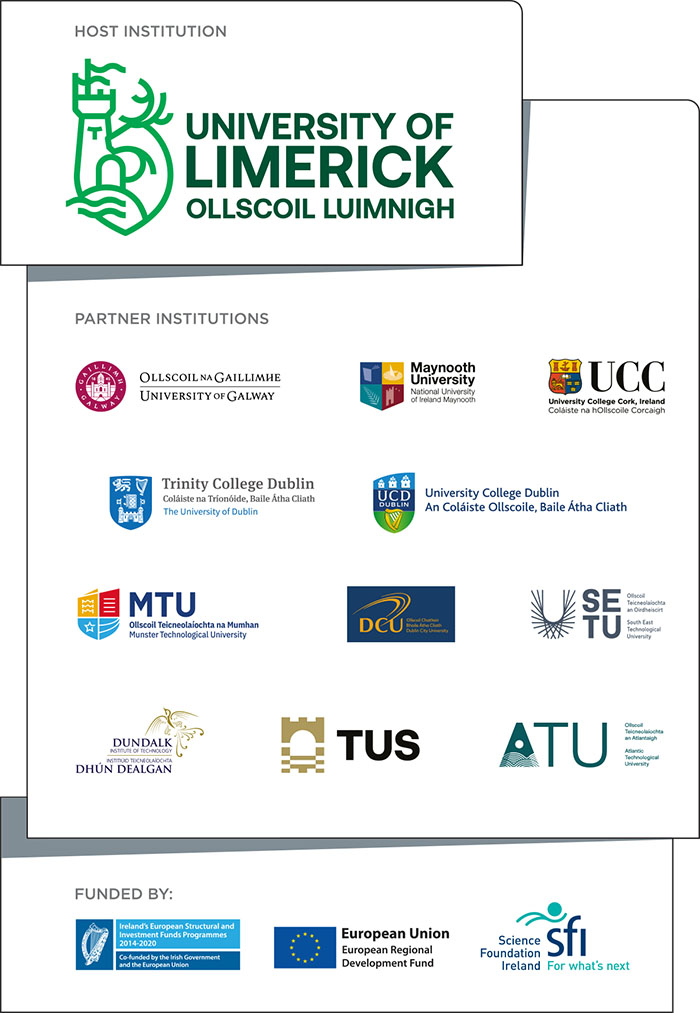Practical and Scalable Testing of Cyber-Physical Systems
You are here
Date: Tuesday 8th, October 2019
Location: T3-013, Lero, Tierney Building, UL
Time: 14:30 – 15:30
Shaukat Ali, Chief Research Scientist/Research Professor at Simula Research Laboratory, Norway
Abstract
Testing of Cyber-Physical Systems (CPS) presents unprecedented challenges owing to their complexity and interdisciplinary nature. In addition, the inherent uncertainty in CPS due to their interactions with unpredictable physical environment and information networks, and increasing use of deep learning algorithms to make autonomous decisions, further complicates their testing. Thus, CPS testing must be driven by systematic, automated, scalable, optimized, and AI-powered solutions with the explicit consideration of uncertainty to ensure the dependability of CPS. This distinguished lecture will focus on the technical solutions that were developed in the last several years in the context of European and Norwegian projects. These solutions rely on model-based testing and artificial intelligence techniques, including machine learning and search algorithms. I will present the results from the application of these testing solutions in industrial case studies and real-world systems from the Sports, Logistics, and Drones domains. At the end of the talk, I will present a new initiative at Simula, focusing on establishing a new Research-based Innovation center on developing Digital Twins. The aim is to initiate an interesting discussion on this topic for possible future collaboration with researchers and industrial partners of Lero.
About the speaker
Shaukat Ali is a Chief Research Scientist/Research Professor at Simula Research Laboratory, Norway. His expertise includes devising novel methods for Verification and Validation of Cyber-Physical Systems, Digital Twins, and more recently on Quantum Programming. He has been involved in several basic research, research-based innovation, and innovation projects in the capacity of PI/Co-PI related to Model-based Testing, Search-Based Software Engineering, Model-Based System Engineering, Uncertainty Modeling & Testing, and Quantum Programming. He has experience of working in several countries: the UK, Canada, Norway, Japan, and Pakistan. He is also actively participating in defining international standards on software modeling in Object Management Group (OMG), notably a new standard on Precise Semantics for Uncertainty Modeling.




